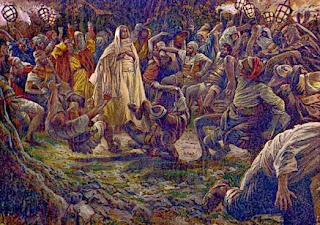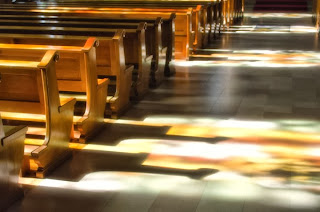A Promise, A Hope

Google Images I woke up early yesterday morning—4:00 a.m. early. Rather than try to go back to sleep I went out into the living room to spend some time reading Scripture. I’m “between” reading projects so flipped open my Bible and read the first thing that appeared. It turned out to be Psalm 145. The approach of a new year always drives the mind toward thinking about the future. This coming year, 2014, will be a time of transition for me. How, when, and what, are the questions that arise when I think of what might be coming around the next corner. But even in my rather haphazard way of choosing what to read in Scripture, God sent His Word to me. Psalm 145:13b-16: “ The Lord is faithful to all his promises and loving toward all he has made. The Lord upholds all those who fall and lifts up all who are bowed down. The eyes of all look to you, and you give them their food at the proper time. You open your hand and satisfy the desires of every living thing. ” Psalm 145:19:...


























